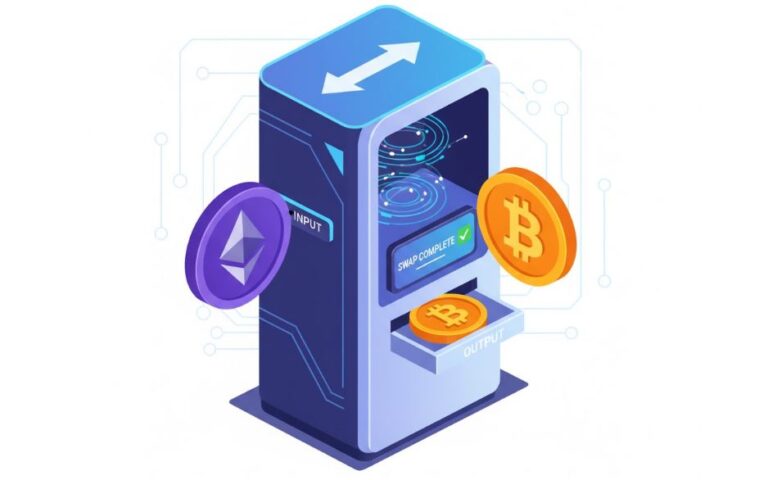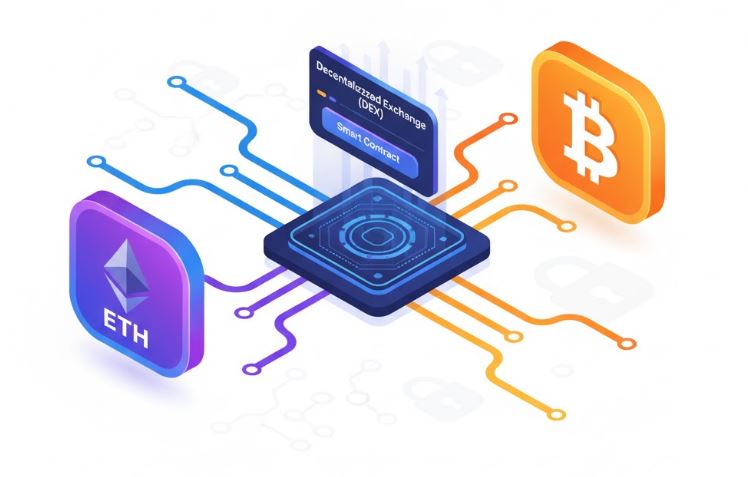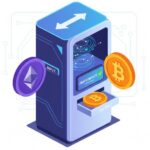When NFTs first took off, the internet lost its mind. Digital art was selling for millions, celebrities were dropping collections, and everyone wanted a piece of the action. For a moment, it felt like the future of creativity had arrived, pixelated apes and all.
But then the market cooled. Prices dropped, hype faded, and critics called it a fad. What most people missed, though, is that this was never the end of NFTs. It was just the awkward teenage phase before something more mature, something actually useful, took shape.
NFTs 2.0.
This next wave isn’t about overpriced JPEGs. It’s about utility, what your NFT can do rather than what it looks like. Think of it less as a collectible and more as a key. Maybe it unlocks exclusive content, gives you access to a private community, or acts as a membership card in both digital and real-world spaces. The art is still there, but now it has purpose attached.
Gaming is another frontier where NFTs are quietly finding their stride. Instead of buying virtual items that disappear when you stop playing, NFTs let players truly own what they earn. Your sword, your skin, your achievements, they’re yours, not the game’s. You can trade them, sell them, or take them across platforms. For gamers, that’s a huge shift in power.
Then there’s the growing idea of digital identity. As we spend more time online, our avatars, usernames, and digital footprints start to feel like extensions of ourselves. NFTs could be the building blocks of that identity — a way to prove ownership, reputation, and history across the metaverse and beyond. In that sense, they’re not just assets; they’re credentials.
Of course, the challenges haven’t disappeared. Scalability, scams, and speculation still hang over the space. And most people still don’t fully understand how NFTs work or why they matter. But that’s how early technologies always feel, messy at first, then quietly inevitable.
The first generation of NFTs captured attention. The second generation might actually capture value. The difference now is purpose, tying digital ownership to real experience, real identity, and real community.
We’re still early, but the direction is clear: NFTs are evolving from status symbols into something more human, tools that connect people, reward loyalty, and make the digital world feel just a little more personal.
Maybe that’s what NFTs were meant to be all along, not flashy investments, but digital passports for the next version of the internet.








